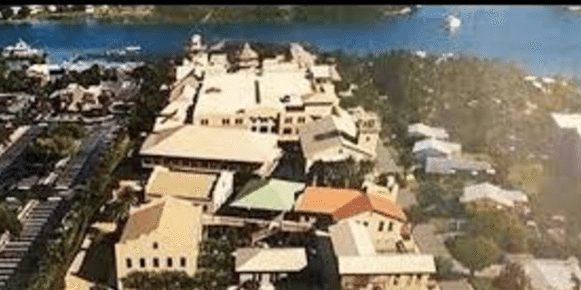
Jupiter of Palm Beach County, Florida has a population of about 61,000 people. Incorporated in 1925, Jupiter has been inhabited for perhaps thousands of years. While today it is now the home of many American beach-goers, it was once within the traditional territory of the Hobe people, a tribe indigenous to the coastal Florida area. Although the tradition of the Hobe people has since mysteriously vanished, their mark remains in the name of the town. During the Spanish influence on the area, the name “Hobe” was transcribed in Spanish as “Jobe” and later misspelled as “Jove”, leading to an Anglicized “Jupiter” – the English name for Zeus.
The Hobe lived in this part of Florida because of its rich resources of seafood and other valuables. Their culture revolved around the beach. In many ways, the present inhabitants of Jupiter are much like Hobe. It is the pristine beaches, the ecosystem, and the environment as a whole that attracts so many people to occupy this area of the country. Without these pristine details, the enchantment would be lost. With too much traffic and too many tourists, it would no longer feel like a home, like a retreat, or as the place used to be.
That is the current concern with Love Street, a road located within Jupiter that is looking at increasing its development. Those behind the development are hoping to add growth to the area regarding rental properties, shops, restaurants, and other things that will attract more tourists. Despite the arguments that buildings will be short and “historical”, thereby lowering the impact of the development, residents understand that this expansion will have numerous negative consequences. One of the consequences at the forefront of the counterargument is that, by the nature of an increase in tourism, the peace and traffic rates of Jupiter will be greatly disturbed. A move towards more development is a move away from the cultural and environmental preservation of the area that locals have grown to love.
Currently, a $30 million outdoor marketplace is being considered – and greatly rejected by the people of Jupiter. Developer Charles Modica continues to defend the project, promoting ecotourism and other classic local economy arguments. Describing it as “just another shopping center”, Modica believes the new changes to Jupiter will be subtle but progressive. Residents have other concerns. One of these concerns is that the jobs this simple “shopping center” will bring will be only of the low-playing kind. The atmosphere these residents are pushing for is more of the artisan marketplace type. They want to see the character and direction of Jupiter to be pristinely preserved, along with the environment and overall atmosphere. It is, after all, the place they chose to live for the very things it has continued to offer. Any change in its atmosphere would drastically affect their perspectives on Jupiter as a city.
The development on Love Street is in no way small, either. With about 20 one- and two-story buildings planned, the residents are clearly in for a change. A partially underground parking garage, with over 200 spaces, would guarantee a capacity for that many more vehicles on the road and tourists on the sidewalks. There is no argument that jobs and economy are a bad thing, but the development project on Love Street is not what Jupiter residents are viewing as the solution. Instead, they hope to bolster the culture that already thrives in Jupiter by investing in less invasive and less destructive methods of encouraging growth in their hometown. The clock ticking, only time will tell what Jupiter chooses.

